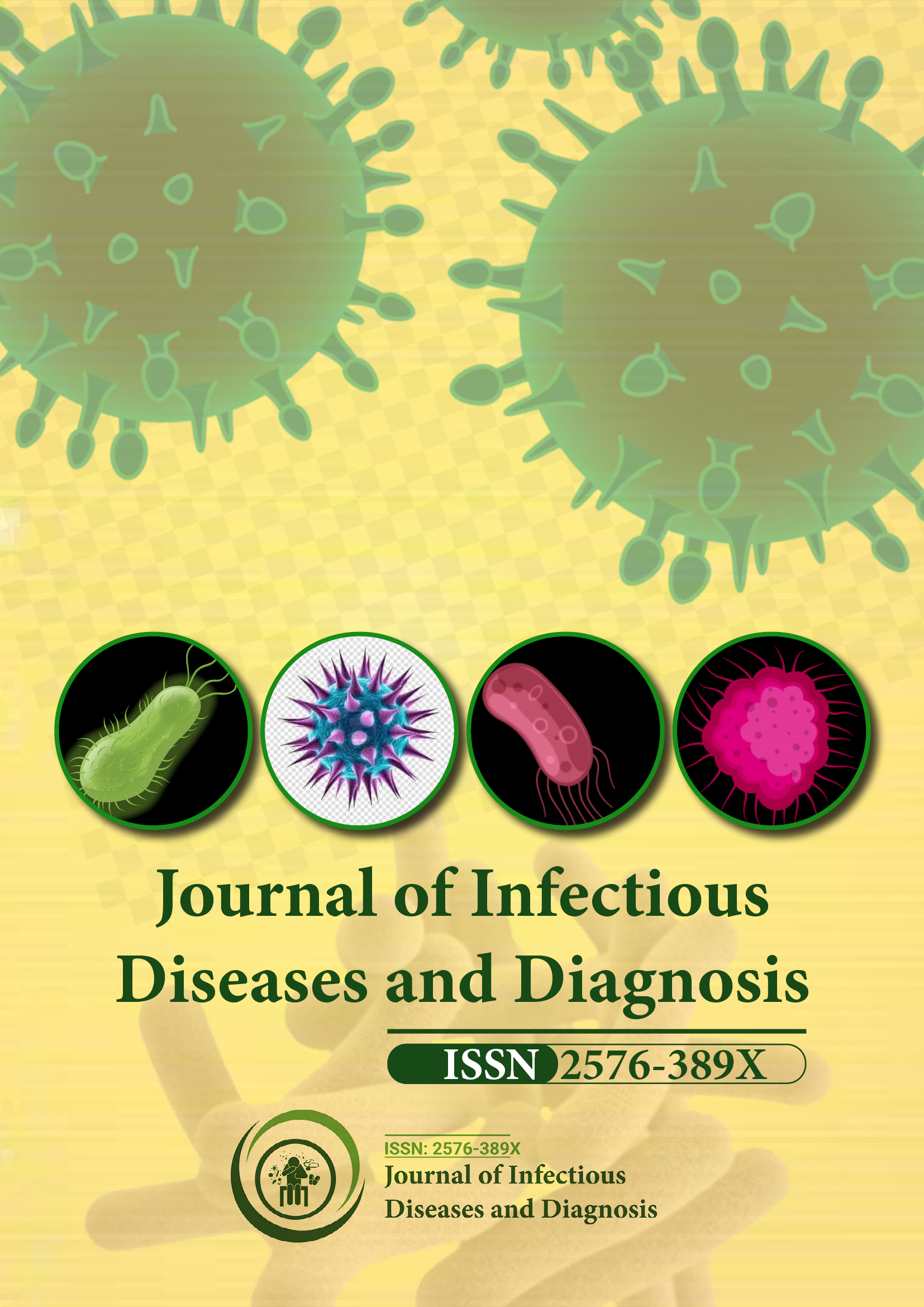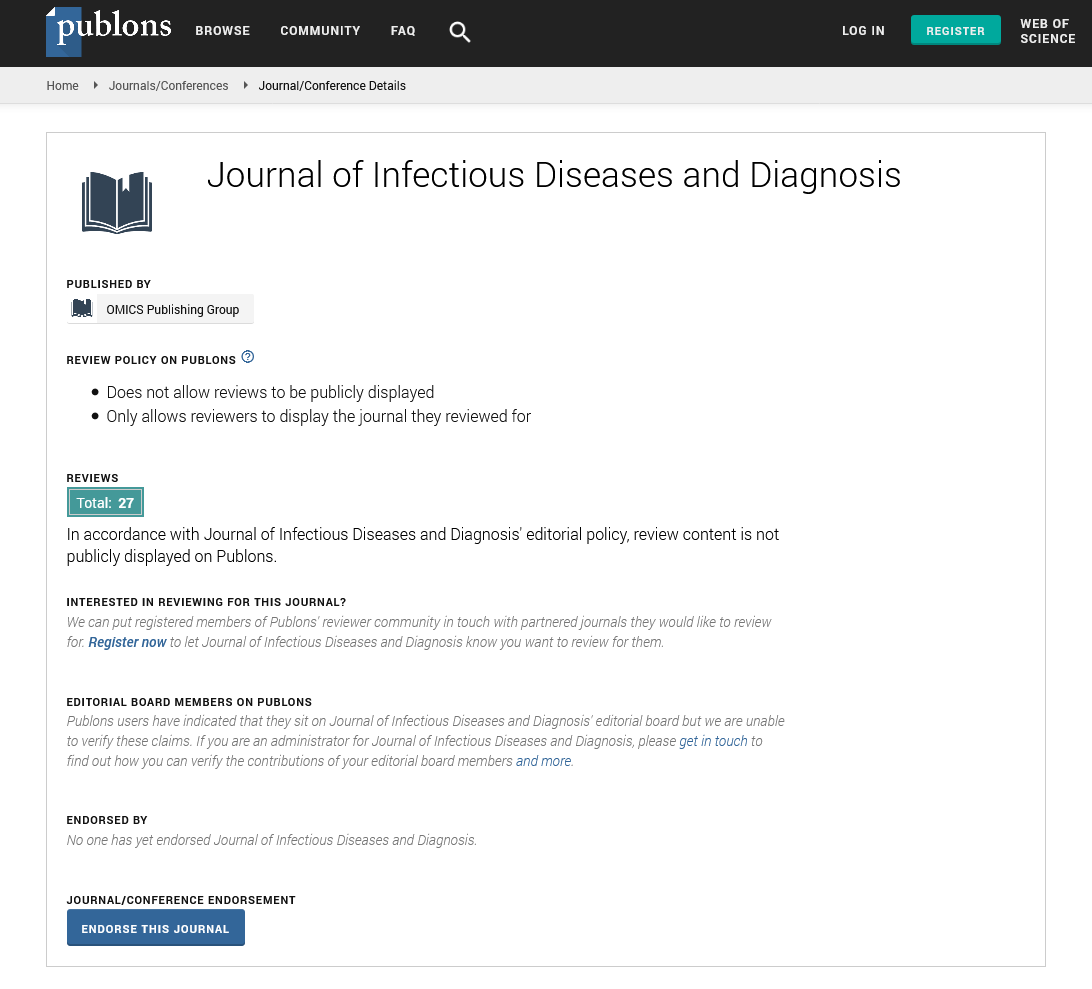Indexed In
- RefSeek
- Hamdard University
- EBSCO A-Z
- Publons
- Euro Pub
- Google Scholar
Useful Links
Share This Page
Journal Flyer

Open Access Journals
- Agri and Aquaculture
- Biochemistry
- Bioinformatics & Systems Biology
- Business & Management
- Chemistry
- Clinical Sciences
- Engineering
- Food & Nutrition
- General Science
- Genetics & Molecular Biology
- Immunology & Microbiology
- Medical Sciences
- Neuroscience & Psychology
- Nursing & Health Care
- Pharmaceutical Sciences
Abstract
Infectious Disease Challenges in Korean Native Black Goats (KNBGs): Current Status, Control Needs and Strategic Approaches
Gyeong-Seo Park, Woo Ju Kwon, Byoung-Joo Seo* and Chonghan Kim*
The Korean Native Black Goats (KNBGs) industry has observed remarkable growth over the past decade in Korea. From 2012 to 2021, the KNBG population increased by 72.2% and also, their market value increased from 75.8 billion KRW in 2015 to 177.5 billion KRW (South Korean Won) in 2021. This growth has been driven by a steady rise in consumer demand for black goat meat, fueled by shifting dietary preferences and a growing interest in alternative protein sources. Additionally, the prohibition of dog meat consumption has further encouraged a shift toward ethically acceptable livestock products in Korea. Despite this situation, the industry faces important challenges, particularly the lack of organized herd management systems and specialized veterinarian and veterinary pharmaceuticals. These challenges have led to the sustained occurrence of infectious diseases, posing a significant threat to disease control and productivity in the KNBGs industry. One of the most challenging diseases is Caseous Lymphadenitis (CLA), a chronic infectious disease caused by Corynebacterium pseudotuberculosis. The CLA induced abscess formation, reduced productivity of meat and increased culling rates. Since its initial identification in South Korea in 2014, CLA has shown a continuous increase, with recent reports indicating that approximately 50% of farms were infected in 2023. In addition to CLA, KNBG herds are susceptible to respiratory and digestive diseases; enterotoxaemia caused by Clostridium perfringens types C and D, colibacillosis associated with Escherichia coli and Q fever caused by Coxiella burnetii. However, the method or policy about disease control has not been constructed yet. This review emphasizes the necessity of a multifaceted approach. Routine disease surveillance, stringent biosecurity measures and the development of effective, species-specific pharmaceuticals are essential to improving herd management and ensuring the sustainable growth of the KNBG industry in Korea.
Published Date: 2025-01-20; Received Date: 2024-12-19

